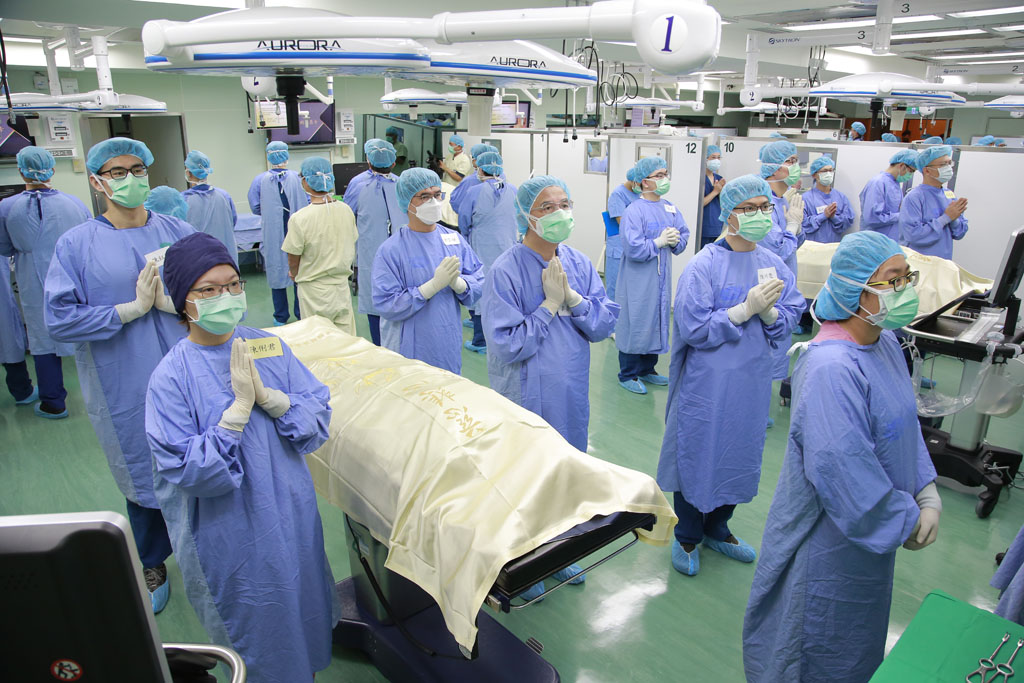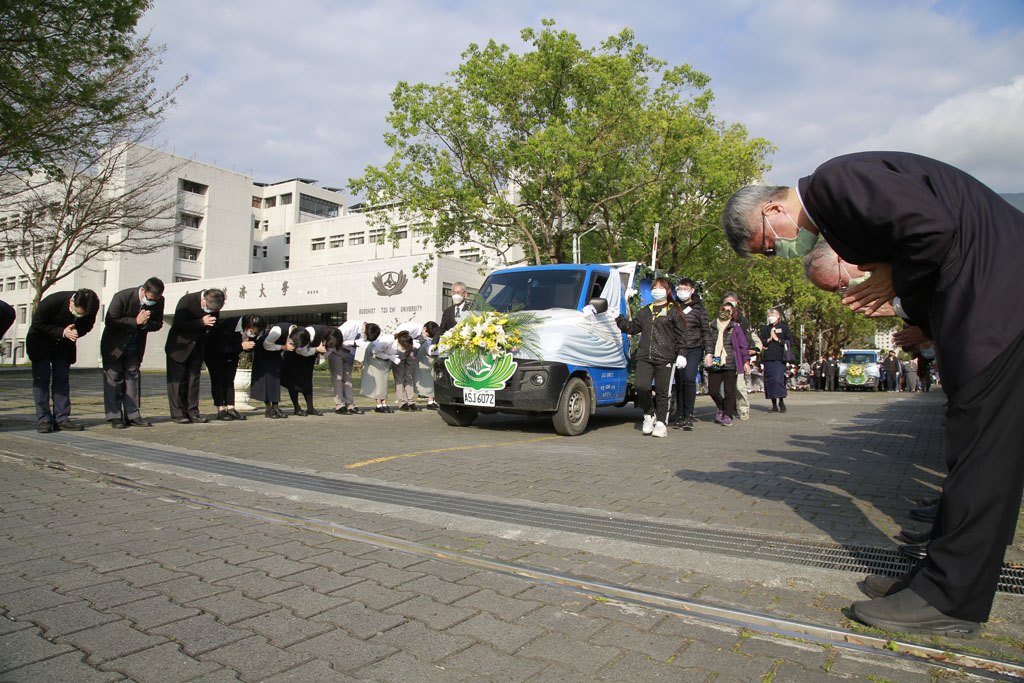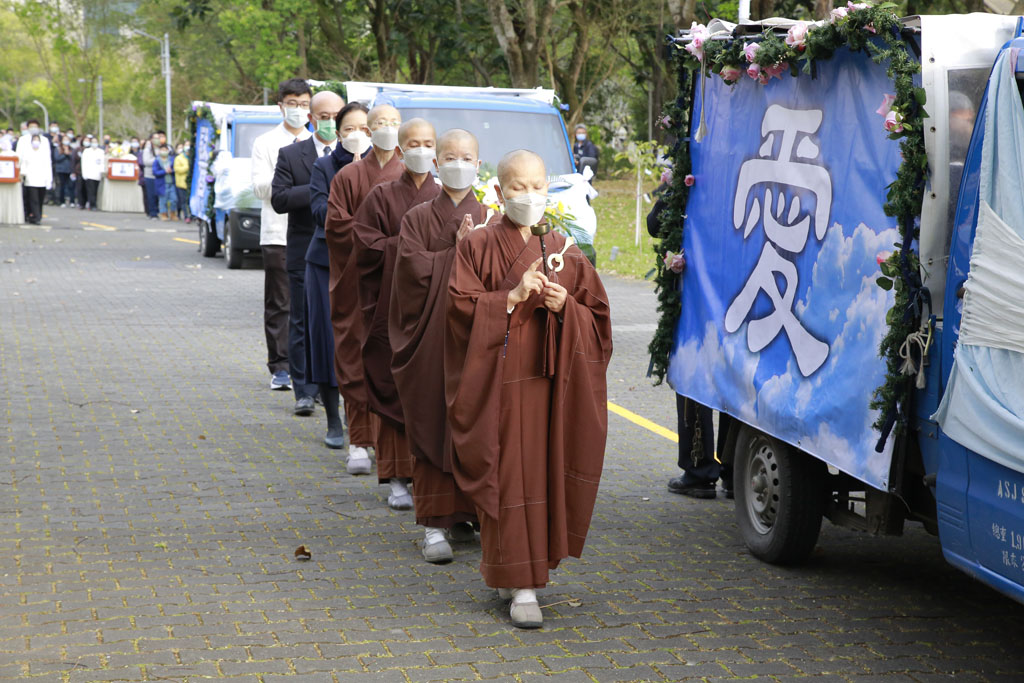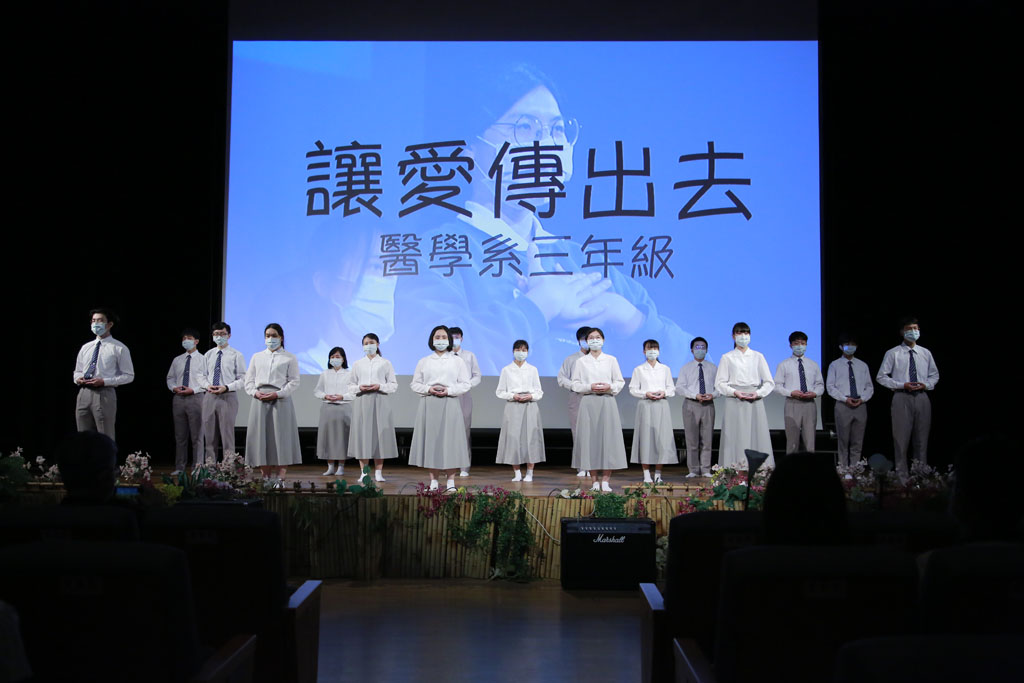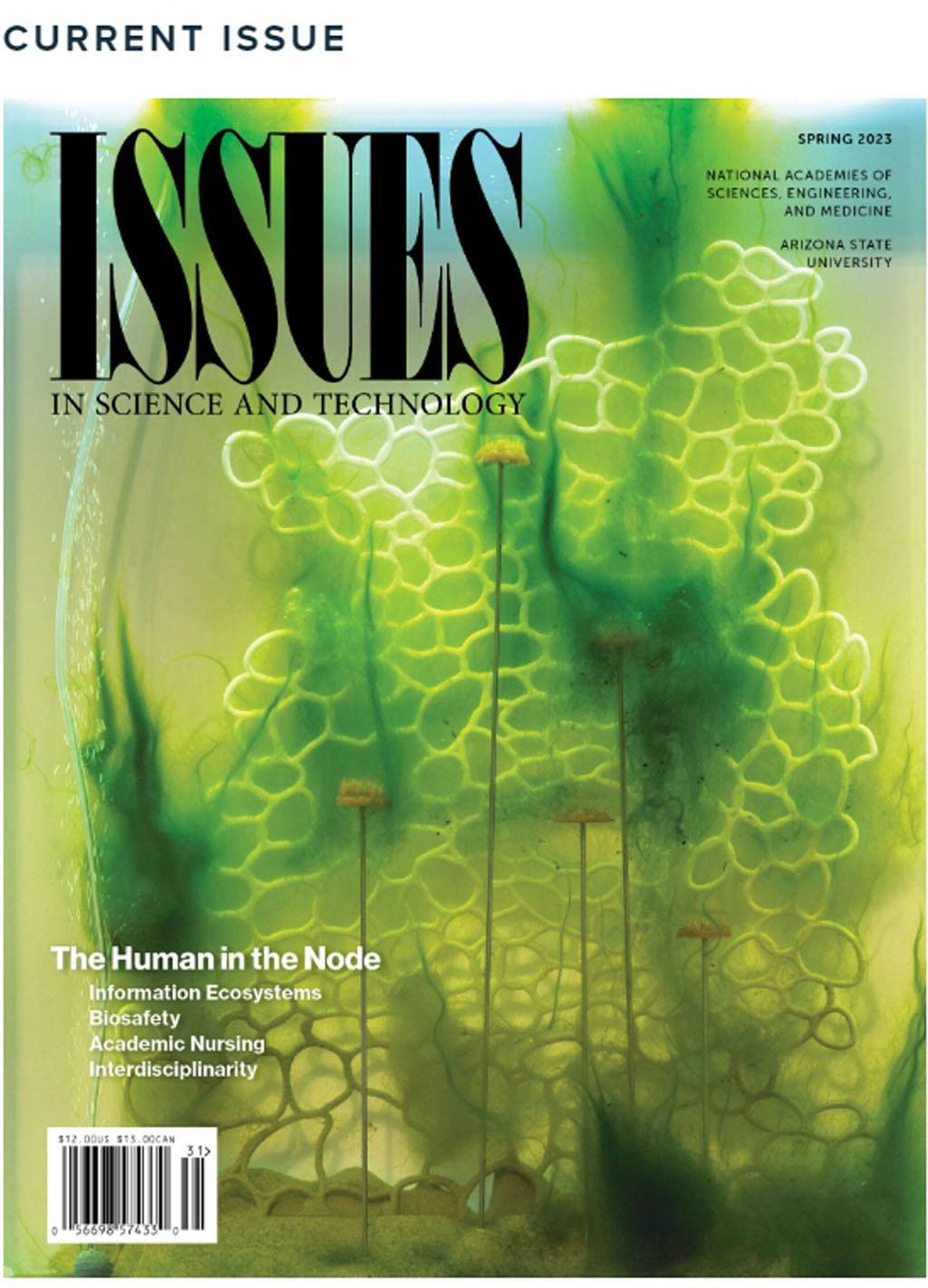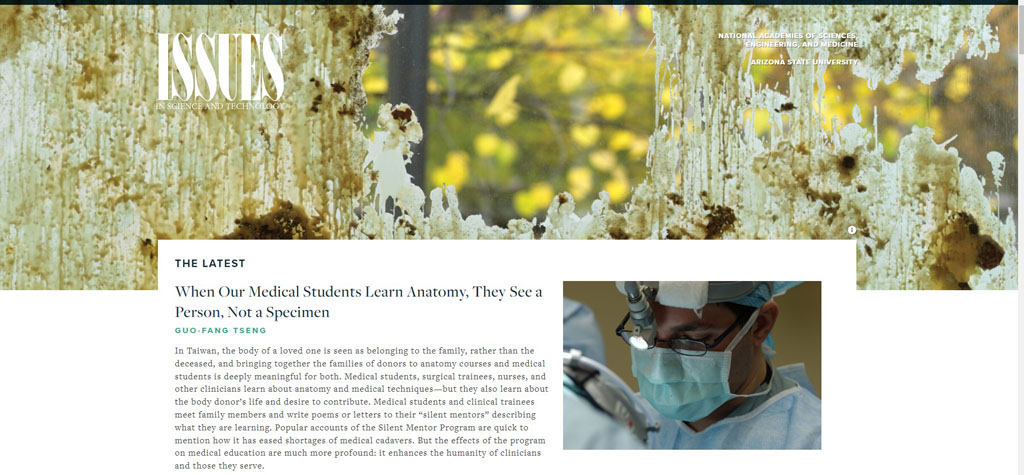Reflections on Medical Humanities: The Educational Philosophy of Tzu Chi University’s Silent Mentor Program is Honored in an American National Publication
Tzu Chi University’s unique approach to medical education has once again drawn international attention, specifically for its innovative methods of promoting body donation and cultivating altruism in its students. At Tzu Chi University, body donors are revered as “Silent Mentors,” a concept that teaches students to not only grasp medical skills and knowledge but to also embrace empathy and appreciate the spirit of altruism.
The Silent Mentor Program, a notable initiative of Tzu Chi University, is becoming a beacon of inspiration for promoting body donation and fostering empathy across Asia. The approach has been effectively implemented in Taiwan, Singapore, China, and Malaysia, among others, garnering recognition and admiration.
To the wider public, the program has also demonstrated the importance of integrating humanitarian values into professional medical training. Through the Silent Mentor Program, Tzu Chi University reaffirms that the cultivation of humanity is not a mere add-on, but an indispensable element in the education of future physicians.
Tzu Chi University’s Silent Mentor Program has garnered widespread recognition from medical institutions in Taiwan and overseas. This acknowledgement came to prominence after the University was highlighted on the front page of The Wall Street Journal in 2009. Recently, Professor Guo-Fang Tseng from Tzu Chi University’s Medical Simulation Center was invited to pen an article titled “Anatomy Education with Tzu Chi University’s Silent Mentors” for the renowned publication Issues in Science and Technology.
Issues in Science and Technology is a prestigious joint venture between the U.S. National Academies of Sciences, Engineering, and Medicine, and Arizona State University. The publication serves as a pivotal resource for policy-making by the U.S. government and non-governmental organizations. Besides Professor Tseng’s insightful article being published in the Spring 2023 edition of the magazine, it was also showcased on the homepage of the magazine’s website (issues.org) on May 31, 2023, underlining its significance in the discourse on medical education.
In a bid to spark further discourse and gather insights, the publication has set up a forum, extending an invitation to interested individuals, or those with innovative ideas, to share their perspectives and suggestions. This gesture embodies the spirit of collaborative development in the scientific and medical community.
Director of the Medical Simulation Center Professor Kuo-Fang Tseng emphasizes that Western medical education prioritizes the development of rational judgement among physicians, while often downplaying the significance of emotional connections between patients and physicians. Even though medical humanism is integral, it tends to receive less attention.
Professor Tseng’s invitation to write this article not only signifies acknowledgment of Tzu Chi University’s unique educational philosophy and its application to medical education, but also provides an opportunity to help more people understand the underlying educational ethos behind the Silent Mentor Program.
The philosophy and practice of Tzu Chi University’s Silent Mentor Program is a profound topic. To accurately capture and present its nuances, the final draft of this article was finalized only after several rounds of video conferences and extensive correspondence with the magazine editor.
After its establishment in 1994, Tzu Chi College of Medicine faced a severe shortage of cadavers, a critical resource for anatomical education in Taiwan. Addressing this issue, Dharma Master Cheng Yen advocated to the public, stating that “we only have the right to use our bodies, not to own them.” This appeal encouraged individuals to donate their bodies for medical education posthumously.
As of now, Tzu Chi University has received over 41,000 consent forms for body donation. Dharma Master Cheng Yen’s vision extends beyond teaching students professional skills and knowledge. The Dharma Master aspires for students to foster empathy and cultivate a respectful demeanor through their education.
This vision is embodied in Tzu Chi University’s Silent Mentor Program. This initiative has not only revolutionized the training of physicians in Taiwan, but it has also had considerable influence on universities and healthcare institutions elsewhere, including Singapore, China, and Malaysia. The program reflects the philosophy of inviting the Silent Mentors to teach medical students, emphasizing respect and gratitude for the donors, while promoting humane medical education.
Dean Tsung-Ying Chen of the College of Medicine has emphasized the significant impact of Silent Mentors on medical education. The selfless spirit demonstrated by these Silent Mentors, who willingly accept participants’ numerous mistakes made during the learning process, rather than risking a single mistake on a patient, sets a remarkable humanitarian example. Tzu Chi University has successfully nurtured numerous exceptional physicians by imparting the teachings of these Silent Mentors. Additionally, many experienced physicians, who have dedicated years to medical practice, have rediscovered their initial intentions of entering the field by fully embracing the integration of humanistic culture and professional education at the University.
For over twenty years, Tzu Chi University’s anatomy courses have successfully interwoven professionalism and humanism. Professor Guo-Fang Tseng asserts that these anatomy courses offer medical students, interns, and physicians more than mere medical skills and knowledge. Instead, these learners gain a deeper understanding of their “Silent Mentors” by engaging with their life stories through pre-course home visits.
Following completion of the course, participants are involved in various respectful rituals. These include suturing, dressing, conducting funeral rites, escorting the departed to their final journey, attending cremation ceremonies, and transferring the remains into urns. This immersive process allows students to fully comprehend the profound sense of loss experienced by the Silent Mentors’ families. In turn, it instills a profound empathy and deep respect for life in them.
Humanistic ceremonies might be perceived as time-consuming, necessitating meticulous planning, and some individuals may dismiss them as unproductive. Nevertheless, research at Tzu Chi University suggests that such ceremonies can mitigate stress among faculty members and students, streamline the learning process, and bolster patient safety. These benefits are particularly significant in the training of surgeons specializing in minimally invasive laparoscopic procedures. The impact on medical education is significant and could potentially exceed the efficacy of current Western medical education methods.
The Silent Mentor Program imparts a unique warmth to medical education. Silent Mentors come from diverse backgrounds, including Masters from Jing Si Abode, Tzu-Cheng Fathers and Yi-Te Mothers who have provided guidance to University students, everyday people like rice noodle vendors, entrepreneurs, centenarian physicians, and many more. Despite their individual life stories, all made a profound choice to donate their bodies to medical education after their passing. They were united by a shared objective: to enhance the skills and knowledge of participants and, by extension, contribute to the saving of more lives. The Silent Mentor Program enables these donors to create a lasting legacy of love and compassion within medical education and perpetuate their benevolence in the world.
With more than four decades of experience in the field of anatomy, Professor Guo-Fang Tseng, endorses the principles of gratitude, respect, and love. Despite not being deeply religious, he holds a deep appreciation for the teachings of Dharma Master Cheng Yen. This appreciation led him to endorse and join Tzu Chi University’s Silent Mentor Program, where he has continuously worked to expand its influence.
The Silent Mentor Program is more than just an educational methodology—it’s also a conduit for imparting values. The way this program seamlessly merges medical humanities with anatomy instruction at Tzu Chi University introduces a novel and thought-provoking perspective to the medical community. This unique approach not only educates; it also fosters greater levels of compassion and care within society.
The article link: https://issues.org/silent-mentors-tseng/

